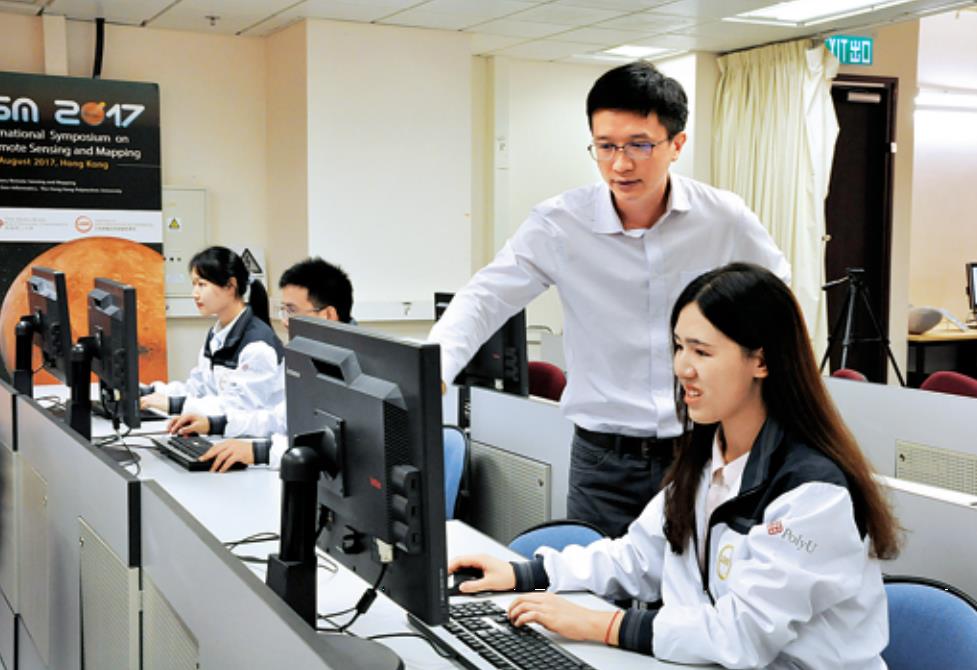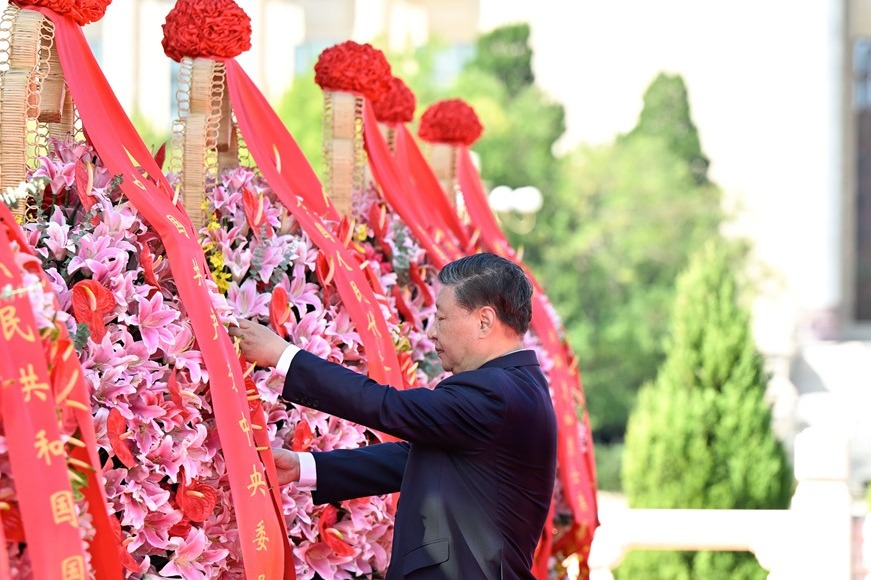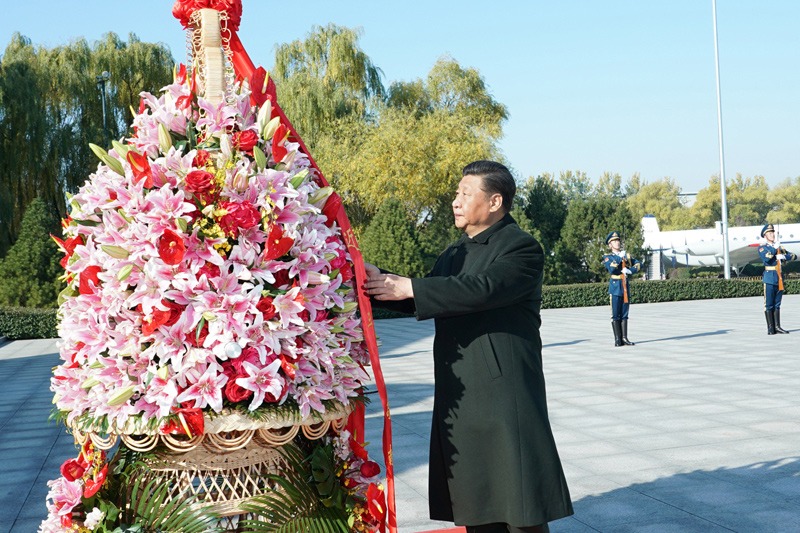HK team plays crucial role in mission to Mars


Dedicated efforts
Back in Hong Kong, Wu and his team members were overjoyed. "The Tianwen 1 mission is a huge project, and we're only a small part of the efforts of thousands of people in supporting the mission's accomplishments. All my team members were fully dedicated to the undertaking over the past months," he said.
The team members were also impressed that the Tianwen 1 lander ended up touching down close to the center of the targeted area-an engineering feat that transformed their findings into reality.
The team's jubilation and pride were shared by PolyU staff members and Hong Kong's scientific academia.
Scientists from the university have taken part in the nation's space programs since 2004. Along with Wu's team, another from PolyU, led by Yung Kai-leung, associate head of the department of industrial and systems engineering, developed a surveillance camera fixed to the Tianwen 1 lander. The camera monitored the landing and photographed the surrounding environment.
Weighing 390 grams-equivalent to two iPhone 11s-the camera had to withstand an impact force about 6,200 times that of Earth's gravity. "I'm so glad it didn't break into bits," Yung joked at a news conference last month.
Liu said, "Given more time, we could have done it better," adding that he went to bed an hour early to celebrate the successful landing.
For Wang, being part of the nation's space program is more like a reward for a scientific researcher than a call of duty. Hailing from Shandong province, she began her doctoral studies in Hong Kong in 2016 at the start of the Mars project.
The world-class project, a highlight of her doctoral and postdoctoral days, was her perfect graduation gift. If she is offered opportunities to take part in other such missions, Wang said she will have no hesitation in accepting. "I can't see a single reason for me not to. It'll be a gift-why not take it," she added.
Wang recalled Wu's inspiring words when he heard news of the successful landing: "We're not only witnessing history, we're part of history."
Wu is now setting his sights on the next national space project, including the exploration of near-Earth asteroids, which is scheduled within the next five years, or collecting samples from Mars in 10 years' time.
The success of the nation's Mars probe has heightened the expectations of humankind, including young minds.
Shortly after the launch of Tianwen 1, Wu's 9-year-old daughter, who attends elementary school in Hong Kong, was given a drawing assignment for homework, in which students were asked to develop a "wild imagination of human life on Mars in the future".
For many people, the end of this mission is just the beginning of more possibilities.
























